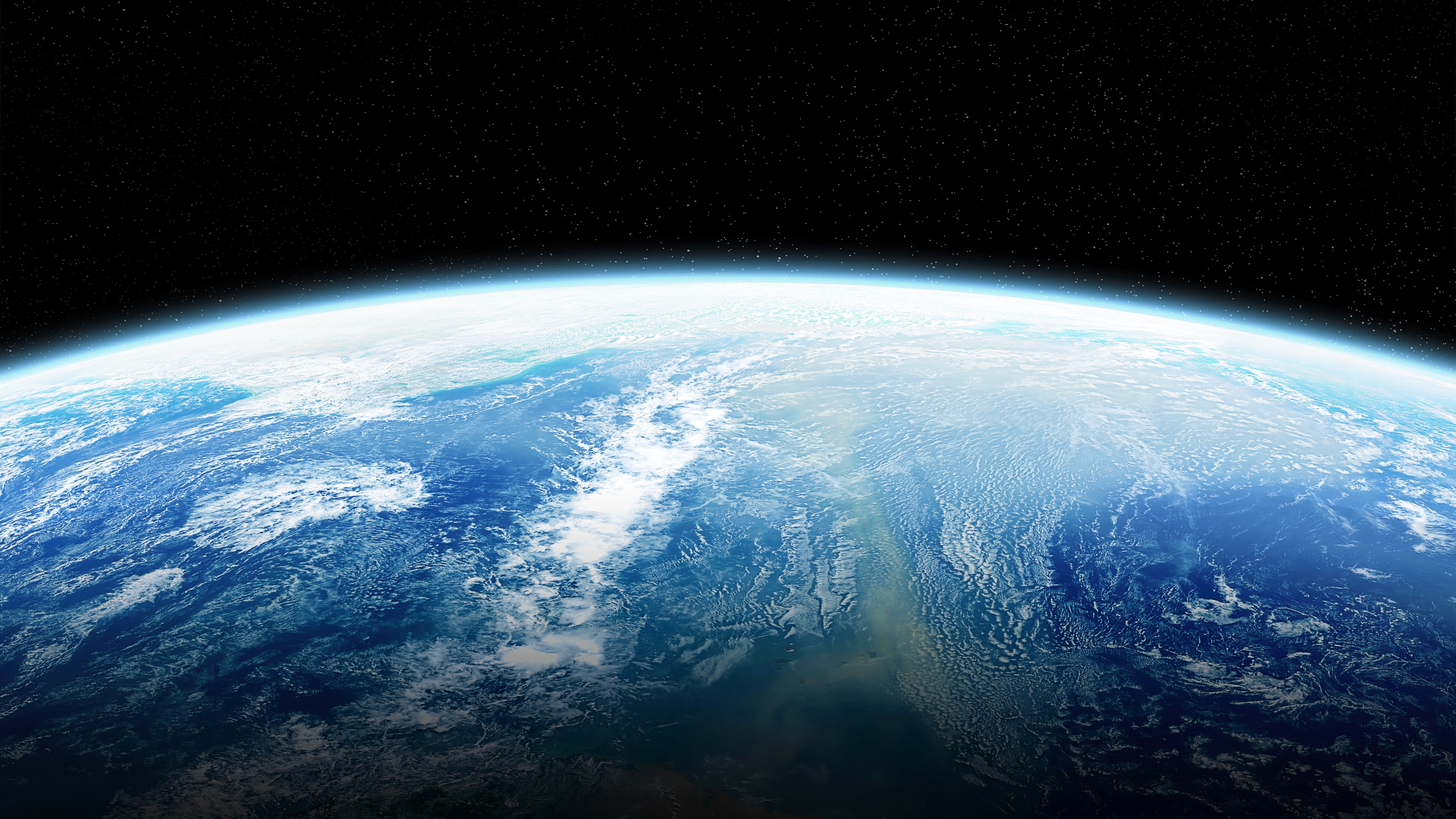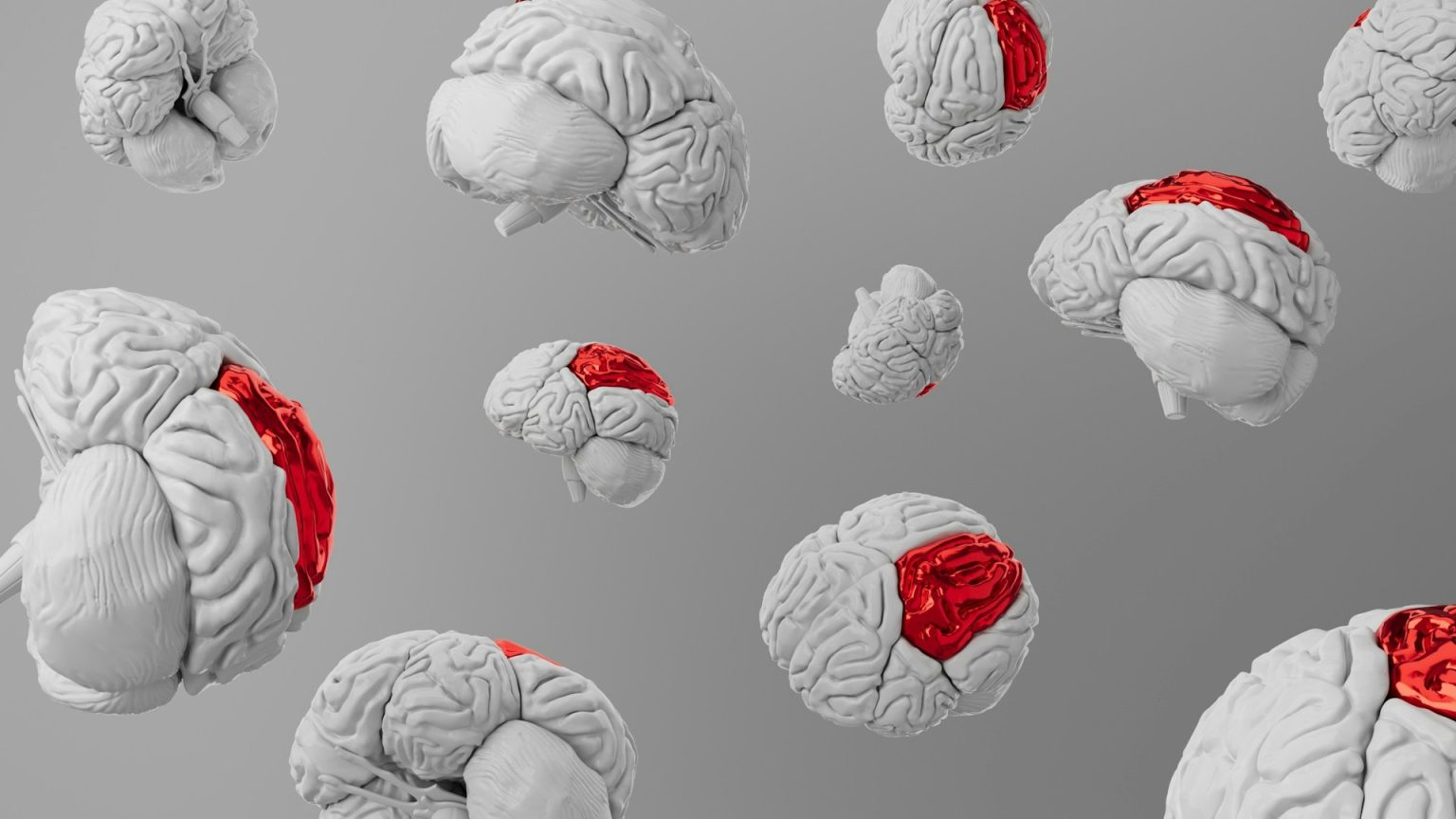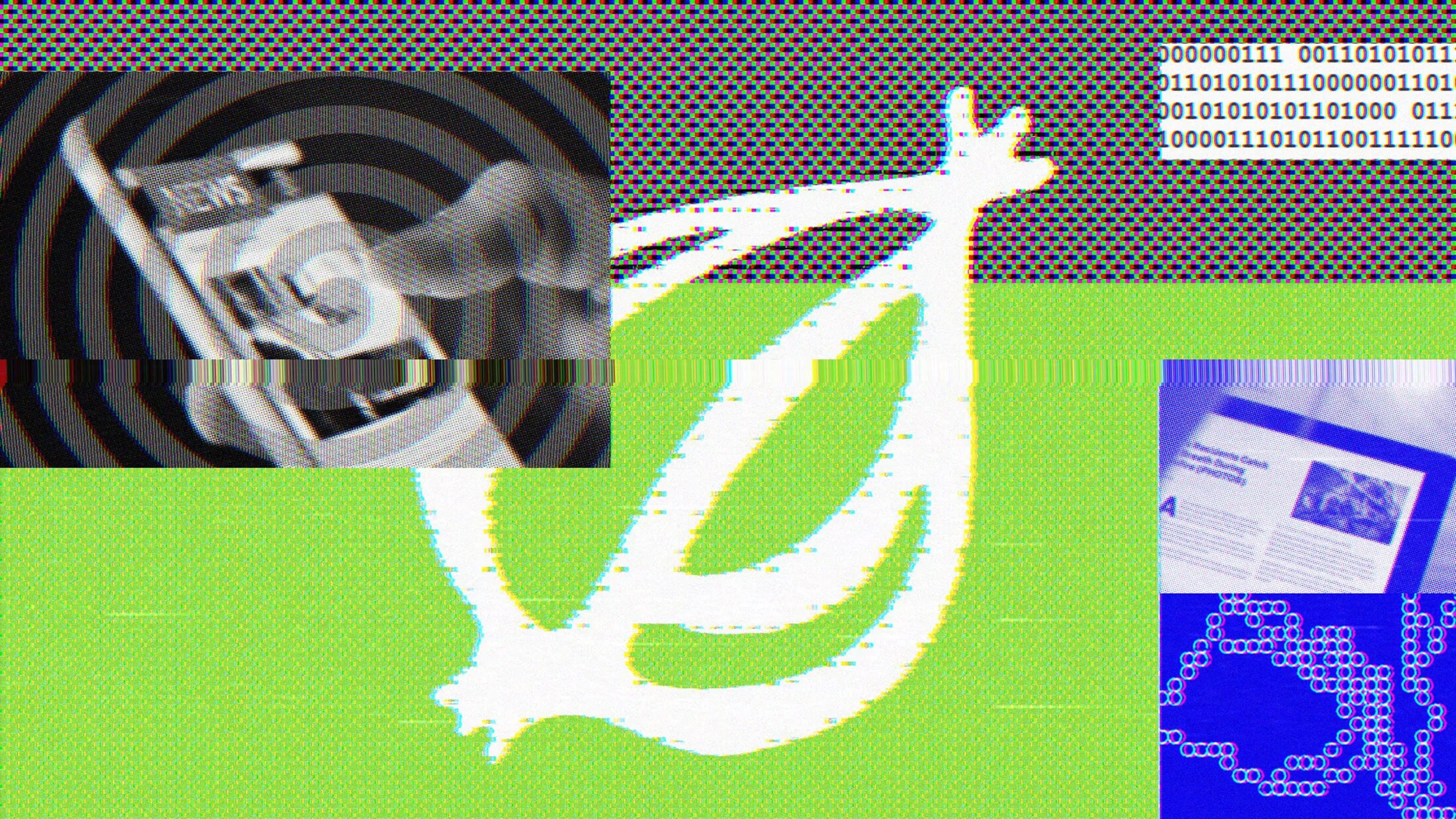The astrophysicist summarizes two of his books and one he has in the works.
Question: What did you learn writing The Pluto Files and Death By Black Hole?
DeGrasse Tyson: For me, the most fascinating aspect of “The Pluto Files” was watching the depth of emotion that people brought to bear on what they would believe to be the scientific reason for why they hold those thoughts, for why they have those beliefs. So in other words, you would say, I think Pluto is a planet, well, why? And then, they give a list of scientific reasons. But they’ll be, like, weak reasons, they’ll be… ‘Cause I watched it happen, I watched it. So people would say, Pluto is a planet, why? ‘Cause it has a moon. And planets have moons. And then, a few years later, we found that an asteroid had a moon. So they couldn’t use that argument anymore because it was unimpeachably little potato shaped asteroid. And so, they have to sort of abandon that and say, well, Pluto… And just to watch arguments come and go. And you realize that at the end of the day, it’s all about people’s emotions. Not all but predominantly. And I was intrigued by this because it’s emotions that drive art. Rational thoughts never drive people’s creativity the way emotions do. And so, the controversy jump species and it went out of the scientific community, out of the classroom, and landed in the laps of humorists, of cartoonists, of op-ed writers who write humorous op-eds. And everybody took a piece of Pluto. A “Death by Black Hole” is a collection of my essays that I’d written over 10 years for Natural History magazine. And there’s a title essay called “Death by Black hole” in a section titled “When the Universe Turns Bad. All the ways the cosmos wants to kill us.” It talks about gamma ray burst and asteroid strikes and that sort of thing. But by, in large, in spite of that title, the book is predominantly about how science works with sections titled “The nature of… Nature of Discovery” and “The Discovery of Nature,” how we come to learn what we know about the universe. And so, I’ve gotten very good feedback, very positive feedback on that book because people… It’s not just telling you what to know, it’s empowering you how to think about the physical world. And about that, I’m proud that I’ve succeeded in that way. It was a side benefit that I had not anticipated. I thought that as a minimum, I teach a little bit about black holes and the universe. But people have been… have deeply appreciated and resonated with the rest of what the book is, which allows you to take on a little bit of the [lands] that so many scientists take for granted. It’s the [lands] of curiosity folded with the [land] of the empowerment of a thought. It’s not simply what to know about the universe, it’s how to think about the universe. So you can go on and feel more connected than you ever had been before.
Question: What’s your next book idea?
DeGrasse Tyson: One is I want to write a book on the educational system, how best to train people to think. To be scientifically literate, I think, is important, something we’re lacking in school. We think scientific literacy flows out of how many science facts can you recite rather than how was your brain wired for thinking. And it’s the brain wiring that I’m more interested in rather than the facts that come out of the curriculum or the lesson plan that’s been proposed.






